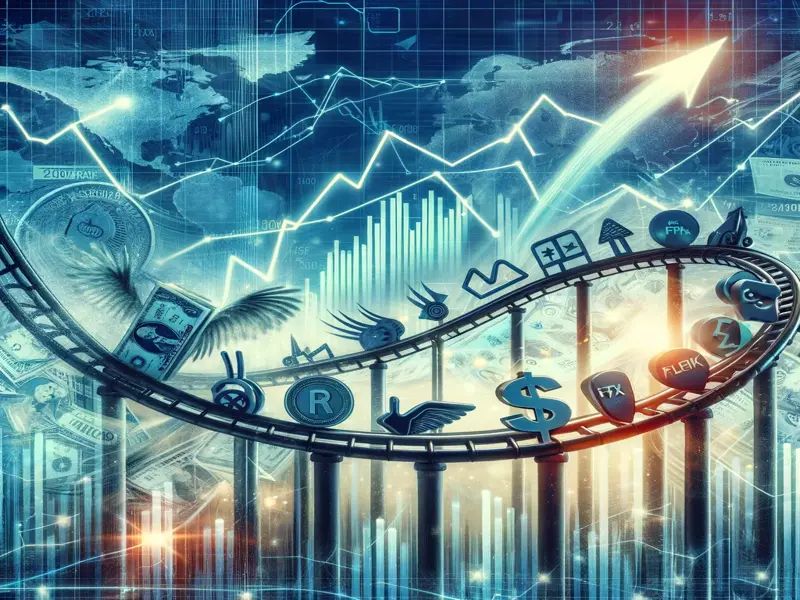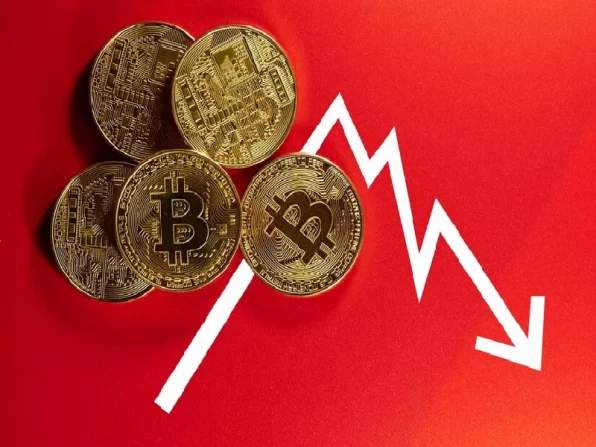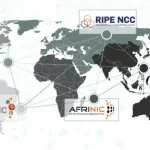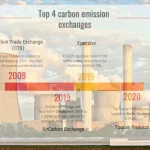- VC funding is a major goal for startups, but companies like Airlift and FTX quickly transitioned from angel investment darlings to cautionary tales.
- Does the VC model create an economic bubble, leading to inflated company valuations and hype-based investments?
- Perhaps we need a new definition of success in the startup ecosystem, emphasizing the shift from pursuing sheer financial gains to achieving social impact and long-term sustainability.
When you’re a startup, venture capital (VC) can be both a catalyst for growth and a potential harbinger of downfall. The influx of VC funding promises rapid expansion and innovation, but it also introduces a complex web of challenges that can lead to swift and unforeseen consequences.
Rise and fall: The Airlift saga
Airlift’s journey in Pakistan exemplifies the volatile nature of VC-backed success. The company, which raised a remarkable $85 million in Series B funding, quickly rose to prominence, symbolizing Pakistan’s entrepreneurial spirit. Yet, this same capital that fueled its ascent became its Achilles’ heel. Amidst financial scarcity, Airlift ceased operations in July, sending ripples of concern across the Pakistani tech ecosystem and beyond, illustrating the fragility of startups, even those flush with capital【40†source】.
The unexpected demise of Argo AI
Argo AI’s closure is a testament to the unpredictability in the startup ecosystem. Despite securing an impressive $1 billion from industry giants like Volkswagen and Ford, the company found itself in an untenable position, unable to attract new investment or further support from existing backers. This situation highlights how even well-funded startups are not immune to the challenging tides of the venture capital world.
FTX: A cryptocurrency catastrophe
The saga of FTX provides a stark glimpse into the precarious nature of high-flying startups. Once a dominant force in the cryptocurrency exchange market, FTX crumbled under poor management and a bankruptcy crisis, despite nearly $2 billion in funding. Its rapid decline serves as a cautionary tale of the instability and inherent risks in the startup world, especially in the volatile cryptocurrency sector.
Also read: How Hefty is the Trial of the Century? Let’s Crank the Numbers
Haus: The pitfalls of investor relations
Haus’s downfall, despite its promising growth and revenue milestones, underlines the complexities of investor relations within startups. The company’s sudden shutdown due to internal investor conflicts shows the delicate and critical nature of these relationships in determining a startup’s fate. Haus’s experience is a reminder that managing investor dynamics is as crucial as managing the business itself.
Insteon: A victim of external forces
Insteon’s abrupt closure, a home automation company, starkly illustrates the impact of external factors, such as economic downturns and supply chain disruptions, on startups. The sudden demise of Insteon, with little warning, highlights the vulnerability of startups to circumstances beyond their control.
Abundant Robotics: The rise and fall of an agtech robotics firm
Abundant Robotics set out to revolutionize apple-picking with innovative robotics. Despite raising $12 million, including a $10 million Series A from GV (Google Ventures), the company closed barely two years after its first commercial deployments, underscoring the precarious nature of VC-backed ventures.
Chanje: An ambitious journey in electric delivery vans
Chanje was known for importing electric delivery vans from China and collaborating with giants like FedEx and Amazon. However, the company folded quietly after failing to fulfill its promises and facing the bankruptcy of its Chinese partner, highlighting the inherent risks in ambitious startups.
Dark Sky: A popular weather app’s acquisition and closure
Dark Sky, a popular weather app famed for its hyperlocal forecasts, experienced a significant shift after being acquired by Apple in 2020. By mid-2021, the iOS app and API service were set to expire, demonstrating the uncertainties faced by startups post-acquisition.
Katerra: A cautionary tale in construction tech
Katerra, a construction tech startup, raised an impressive $2 billion but faced issues like rising labor and construction costs, project delays, and cost overruns.

Navigating the high-stakes VC terrain
The startup landscape, heavily influenced by venture capital (VC), presents a paradox: while VC funding can catalyze rapid growth and innovation, it also brings with it the risk of instability and unsustainable expansion. The stories of startups like Abundant Robotics, Chanje, Dark Sky, Katerra, Airlift, Argo AI, FTX, Haus, and Insteon offer powerful lessons on the importance of balancing rapid growth with long-term viability. Let’s delve deeper into this idea, exploring its more controversial and thought-provoking aspects:
The illusion of infinite growth
- Unrealistic Growth Expectations: VC funding often comes with the expectation of rapid and exponential growth. However, this can lead to unrealistic business models and strategies that aren’t sustainable in the long term. For instance, FTX’s rapid expansion in the volatile cryptocurrency market proved unsustainable. Is the pressure for startups to deliver immediate, high-impact results ultimately setting them up for failure?
- Short-Term vs. Long-Term Goals: There’s a debate about whether VC funding pushes startups to prioritize short-term gains over long-term stability. This can lead to decisions that boost immediate growth but compromise the company’s future. Airlift’s quick rise and sudden fall could be seen as a victim of such short-termism. Should startups resist the lure of quick expansion to focus on gradual, sustainable growth?
The role of venture capitalists
- Investor Influence and Control: The influence of venture capitalists on a startup’s direction and strategy can be profound. In some cases, like Haus, this can lead to internal conflicts and misaligned goals, resulting in business failure. Should VCs have less control over the operational aspects of the businesses they invest in?
- The VC Ecosystem’s Bubble**: The VC model is sometimes criticized for creating a ‘bubble’, where companies are overvalued, and investments are made based on hype rather than solid business fundamentals. Katerra’s struggles despite substantial funding raise questions about the valuation and due diligence practices in the VC world. Is the current VC model sustainable, or is it prone to creating economic bubbles?

Ethical and social considerations
- Work Culture and Employee Well-being: The drive for rapid growth often leads to a high-pressure work environment. This can raise concerns about employee well-being and work-life balance. How do startups balance the demands of rapid growth with the need to maintain a healthy work culture?
- Impact on Innovation and Competition: While VC funding can fuel innovation, it can also lead to a market dominated by a few well-funded players, stifling competition and diversity in the startup ecosystem. Is the current VC model favoring a monopolistic market rather than a competitive one?
The path forward
- Redefining Success in the Startup World: There’s a growing call for redefining success in the startup world, emphasizing sustainable growth, ethical practices, and long-term value creation over rapid expansion and exit strategies. Should the startup ecosystem shift its focus from ‘unicorn’ creation to building more ‘zebras’ – companies that are profitable, improve society, and balance purpose with profit?
- Alternative Funding Models: Exploring alternative funding models like bootstrapping, crowdfunding, or revenue-based financing could offer startups more control and a more sustainable growth path. Should startups be more cautious in accepting VC funding and consider these alternatives?
Understanding these perspectives, it’s clear the role of venture capital in the startup landscape needs discussion. It’s not just about whether the current VC model is optimal for fostering innovation and growth, but also about its potential long-term impacts on the startup ecosystem. Some further questions:
How might the venture capital model evolve to better balance immediate growth with long-term sustainability?
In what ways can startups ensure they don’t compromise their foundational values in the pursuit of rapid success fueled by VC funding?
What responsibilities do investors and policymakers have in shaping a startup environment that encourages ethical practices and sustainable growth? Your insights and reflections on these questions are invaluable as we collectively navigate the dynamic and multifaceted world of startups and venture capital.
Let us know what you think in the comments.









